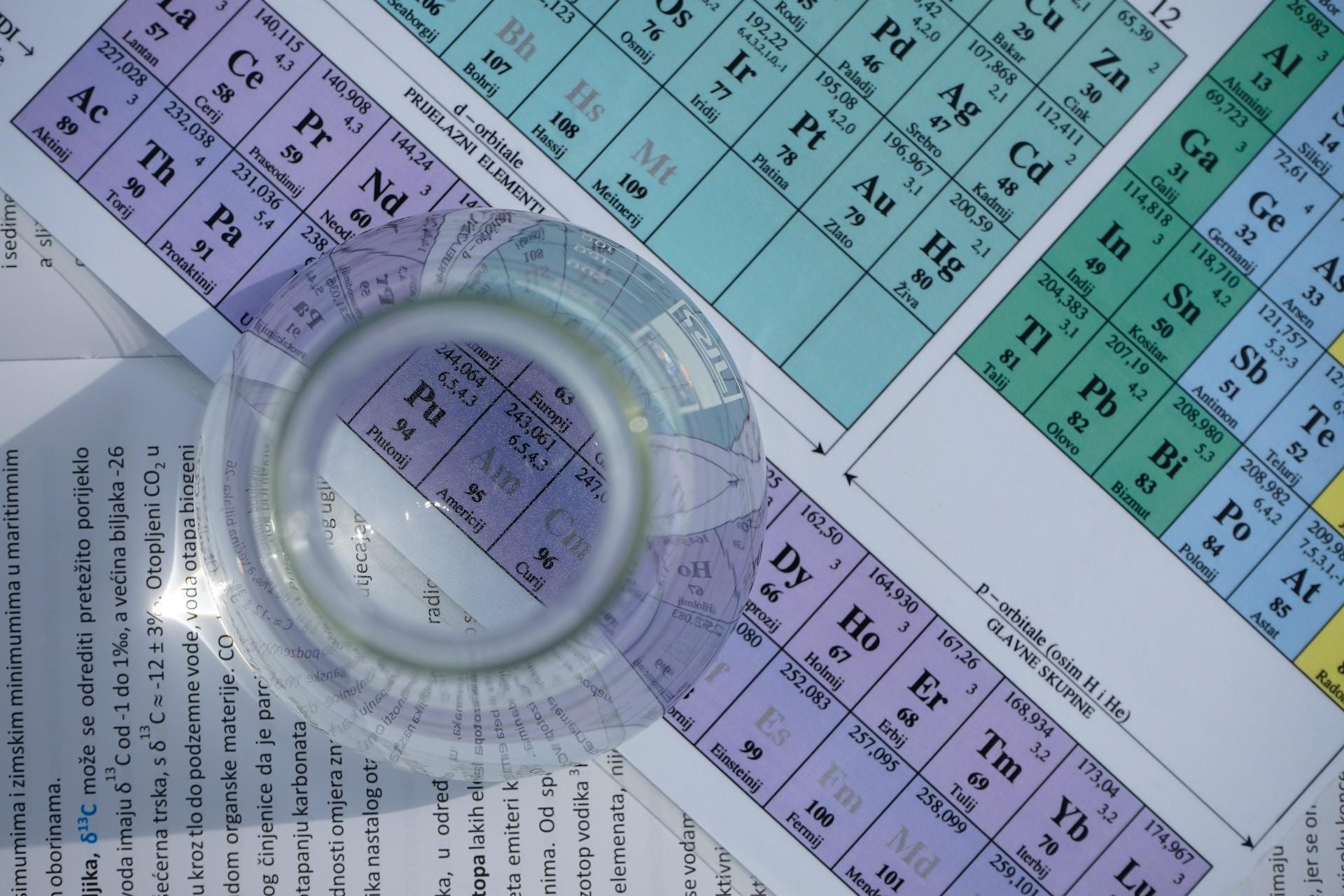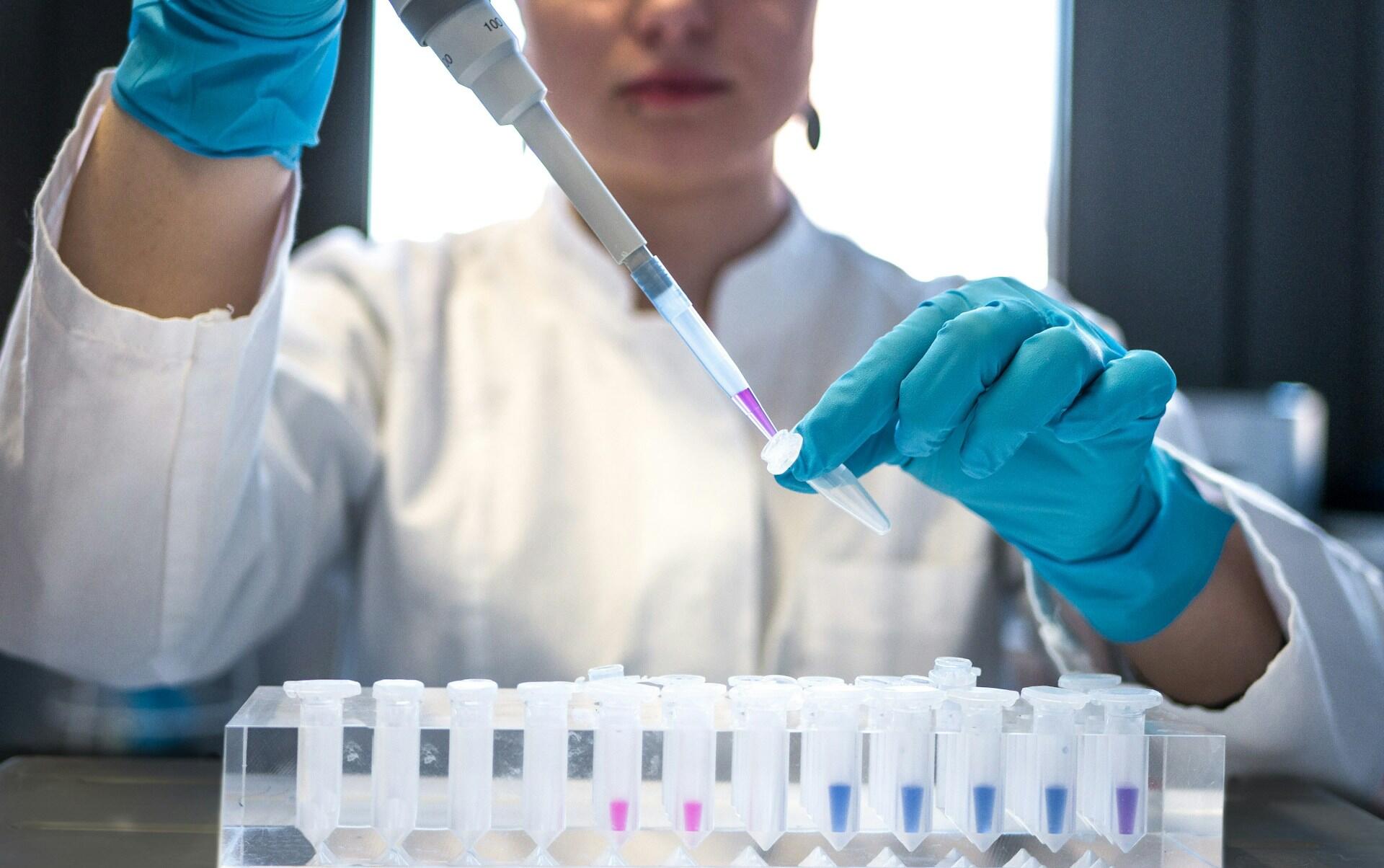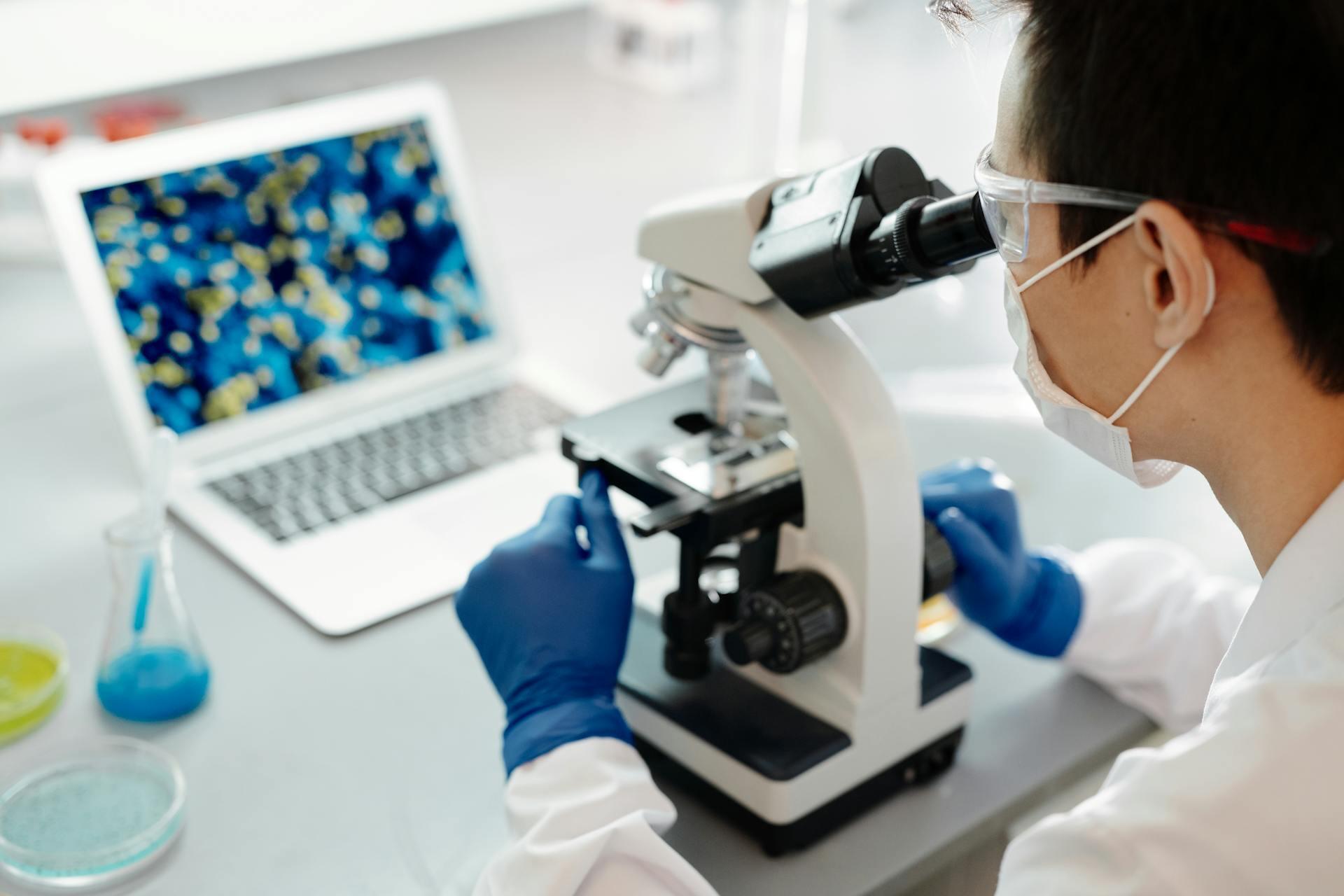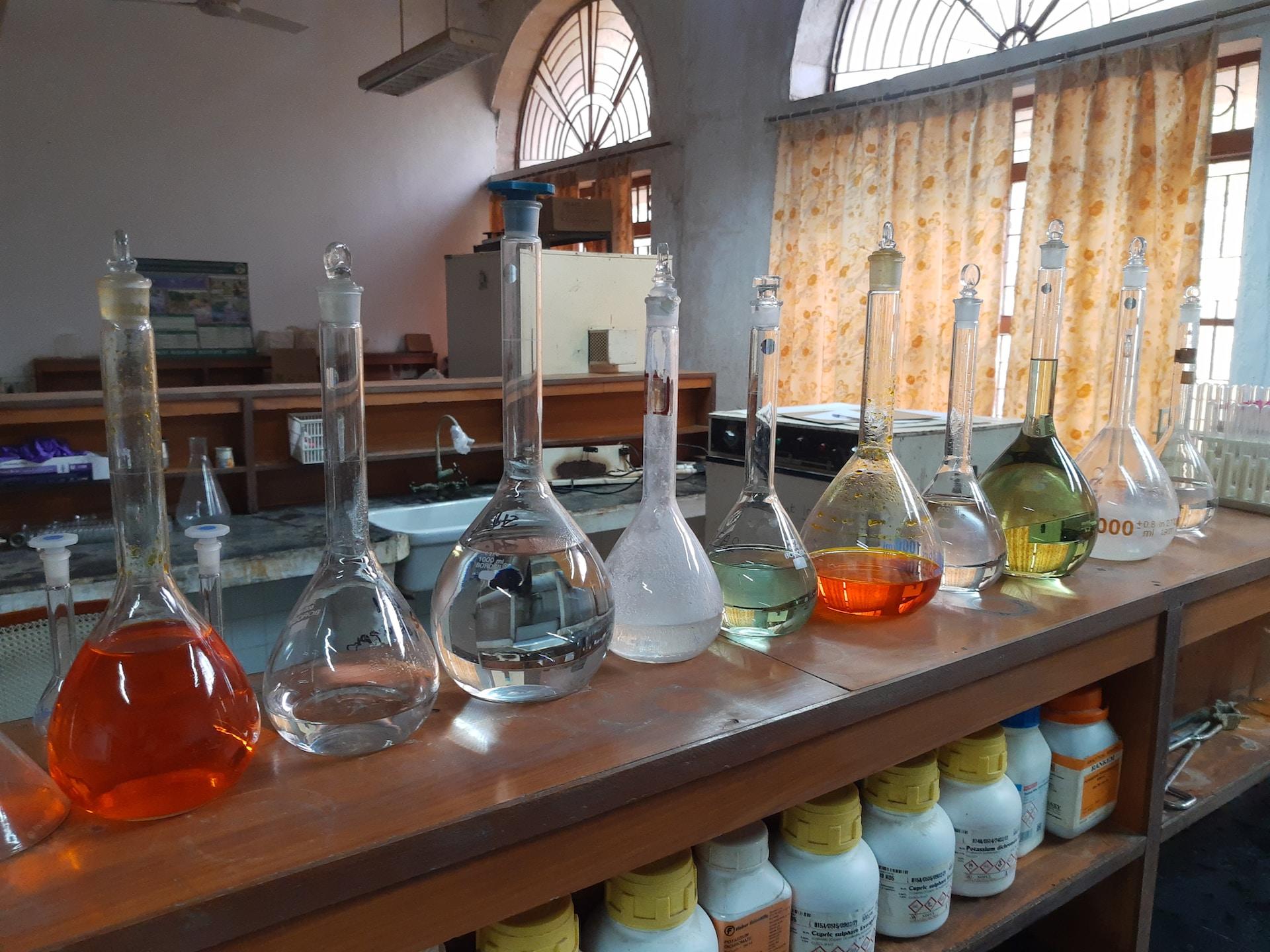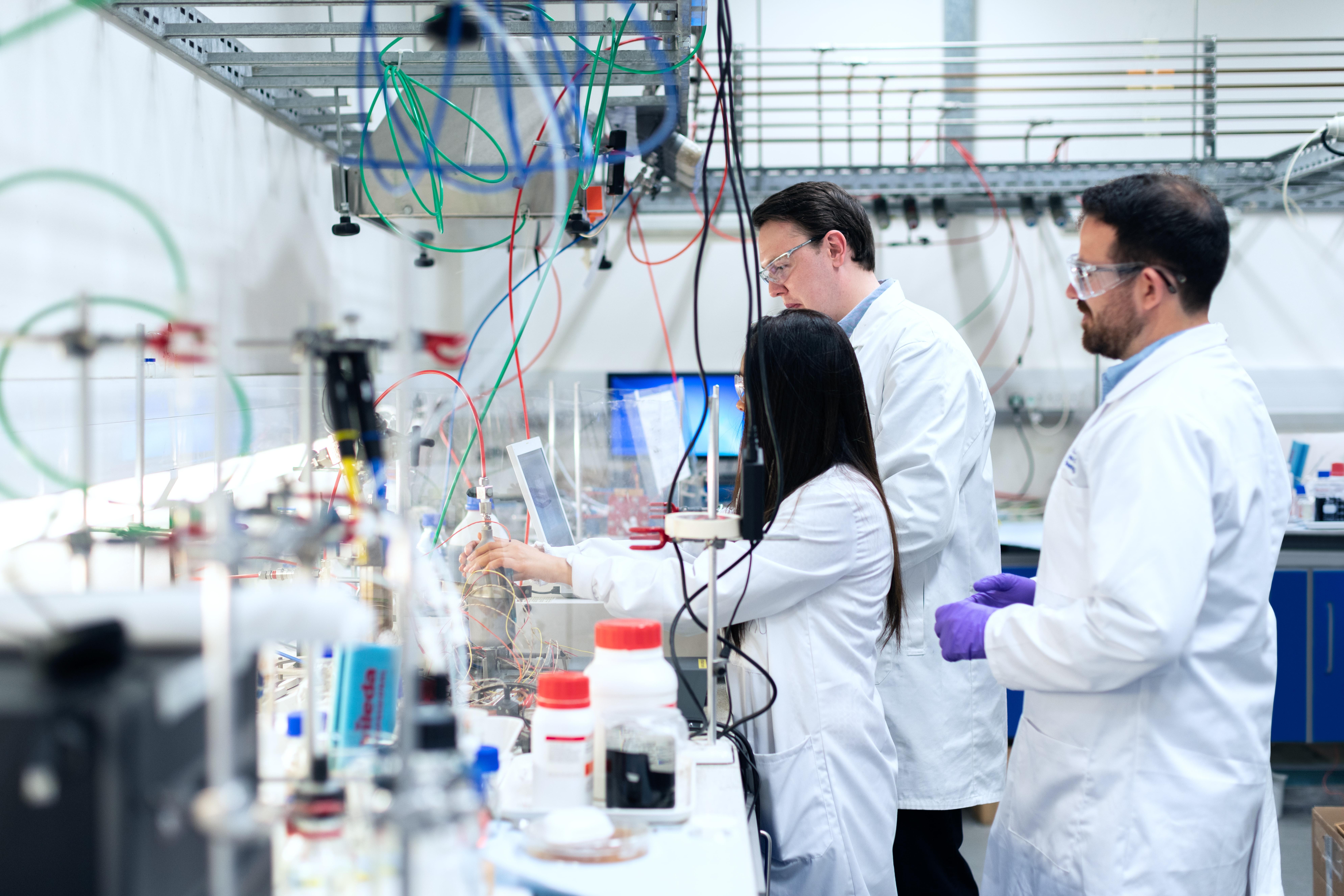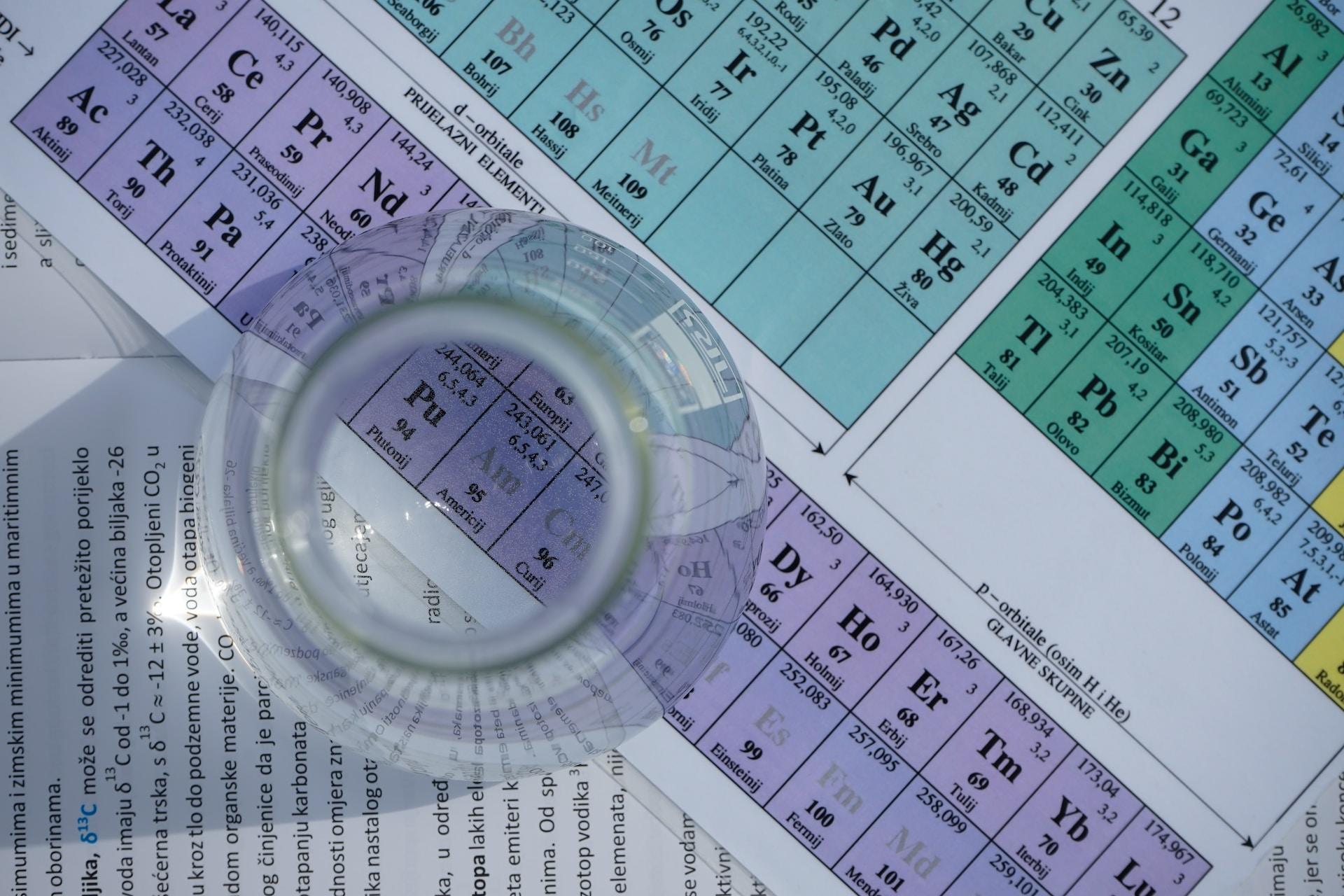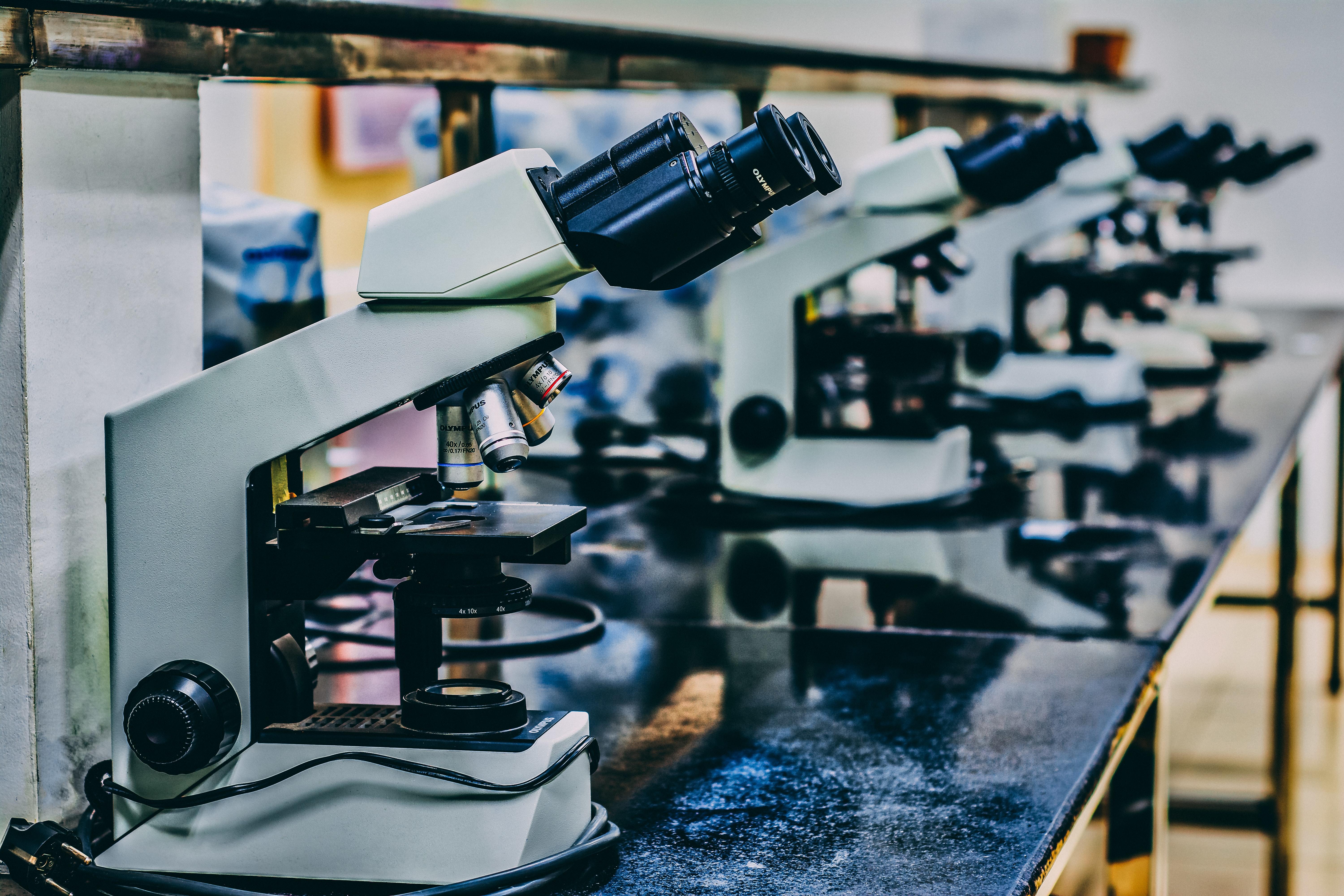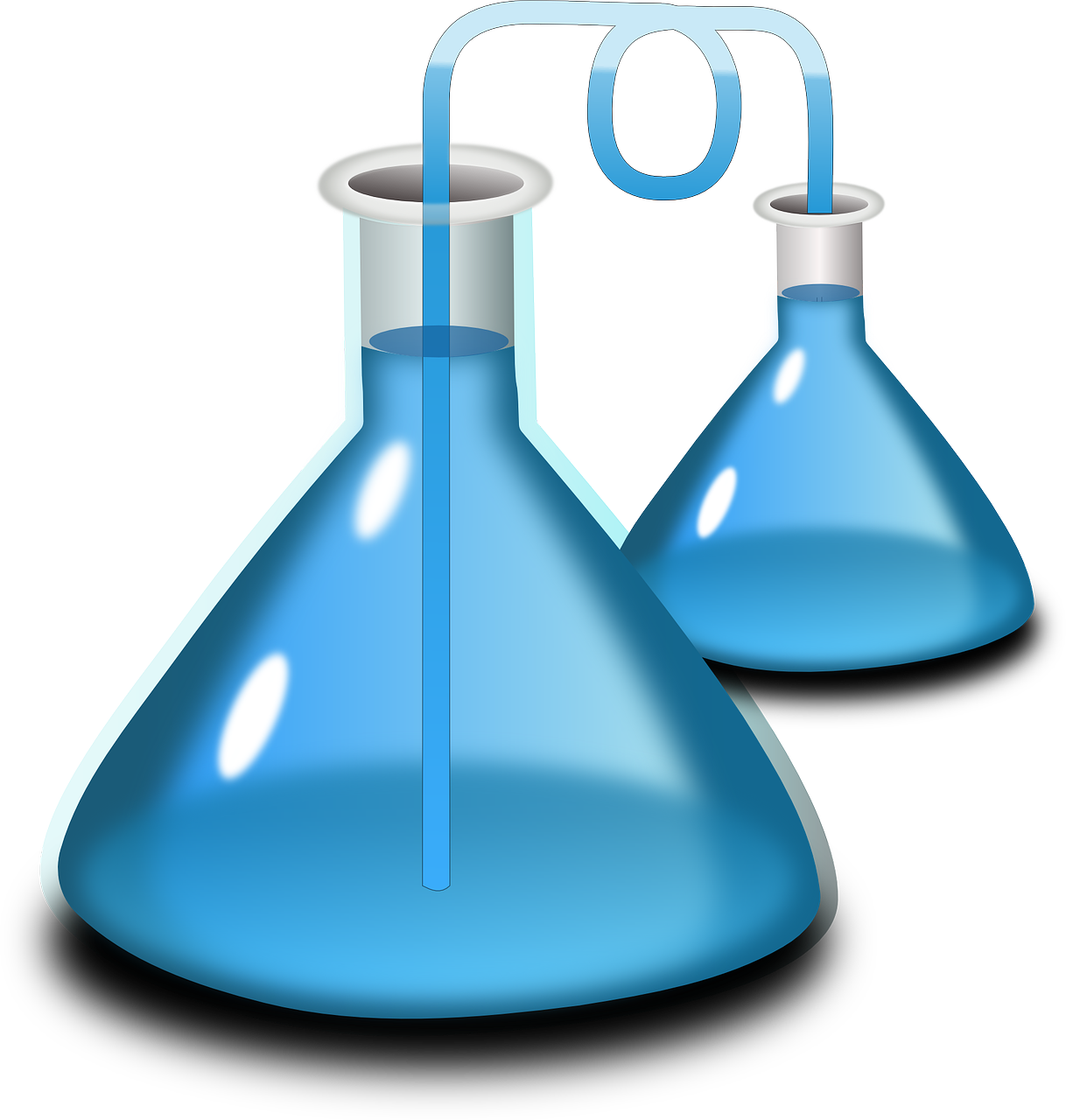Students in Victoria, usually in years 11 and 12, have the option to study for the Victorian Certificate of Education (VCE).
Around two-thirds of applicable students in the state complete VCE studies. Generally, students are expected to take between 20 and 24 units for Years 11 and 12, which equates to 5 or 6 subjects.
Each subject at VCE is made up of 4 units, with each unit lasting a semester of school. Other than English, the subjects a student can choose are up to them, but it helps to choose subjects that are related to what you want to do in the future.
If you have any interest in a degree or career in the sciences, you may consider taking subjects like maths, physics, biology, and the topic of this article, chemistry.
Let's see how difficult VCE chemistry is, what you have to study, how to do as well as you can on your exams, and a few other things you should know before you start.

Is VCE Chemistry Easy?
"Easy" and "difficult" are relative terms, especially given that every student is different and what one person finds really difficult, another may find really easy.
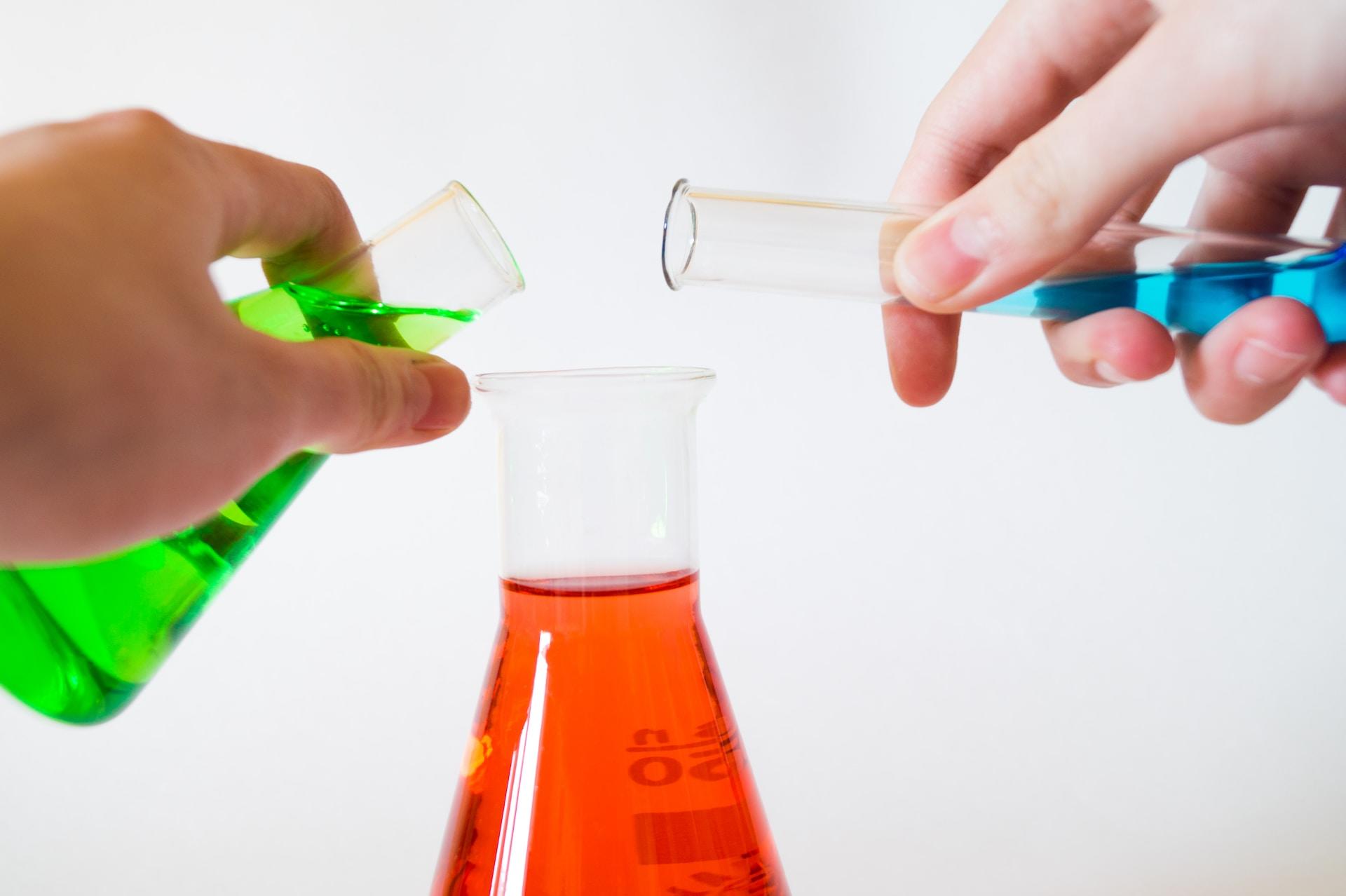
It's quite common to judge the difficulty of VCE subjects by how much they scale. It can give you an indication of how difficult it is to achieve the highest scores on exams and assessments, but it doesn't always paint the full picture of how difficult a subject is.
This is because VCE subjects are scaled. After all, if students start getting really high scores in a given subject, every student will want to choose that subject and the whole scoring system becomes redundant.
Instead, the results of VCE assessments are adjusted to account for the scores students get across every subject. If lots of students score well in a given subject in comparison to others, then the scores are lowered or scaled down. When lots of students score poorly in an exam, then the scores are increased or scaled up. Basically, the result should be comparable across all subjects and all students.
This means when you sit your chemistry exam, you really want to be outperforming the other students in the state. Scoring 40 (the maximum is 50) may be good in a subject if everybody else scored 30, but it's not very good if everybody else scored 45.
When VCE subjects are marked, the average scoring student will be given 30 and then the scores will be scaled to reflect the differences according to the performance of students in other subjects using students' scores across different subjects to work this out.
VCE Chemistry should be as easy as difficult as any other VCE subject and the only way you can make it easier is by working hard, studying, and being prepared for your assessments and exams.
Get help with your coursework with a chemistry tutor VCE on Superprof.
The VCE Chemistry Study Design
Speaking of being prepared, one of the best ways to prepare for any VCE subject is by taking a look at the study design.
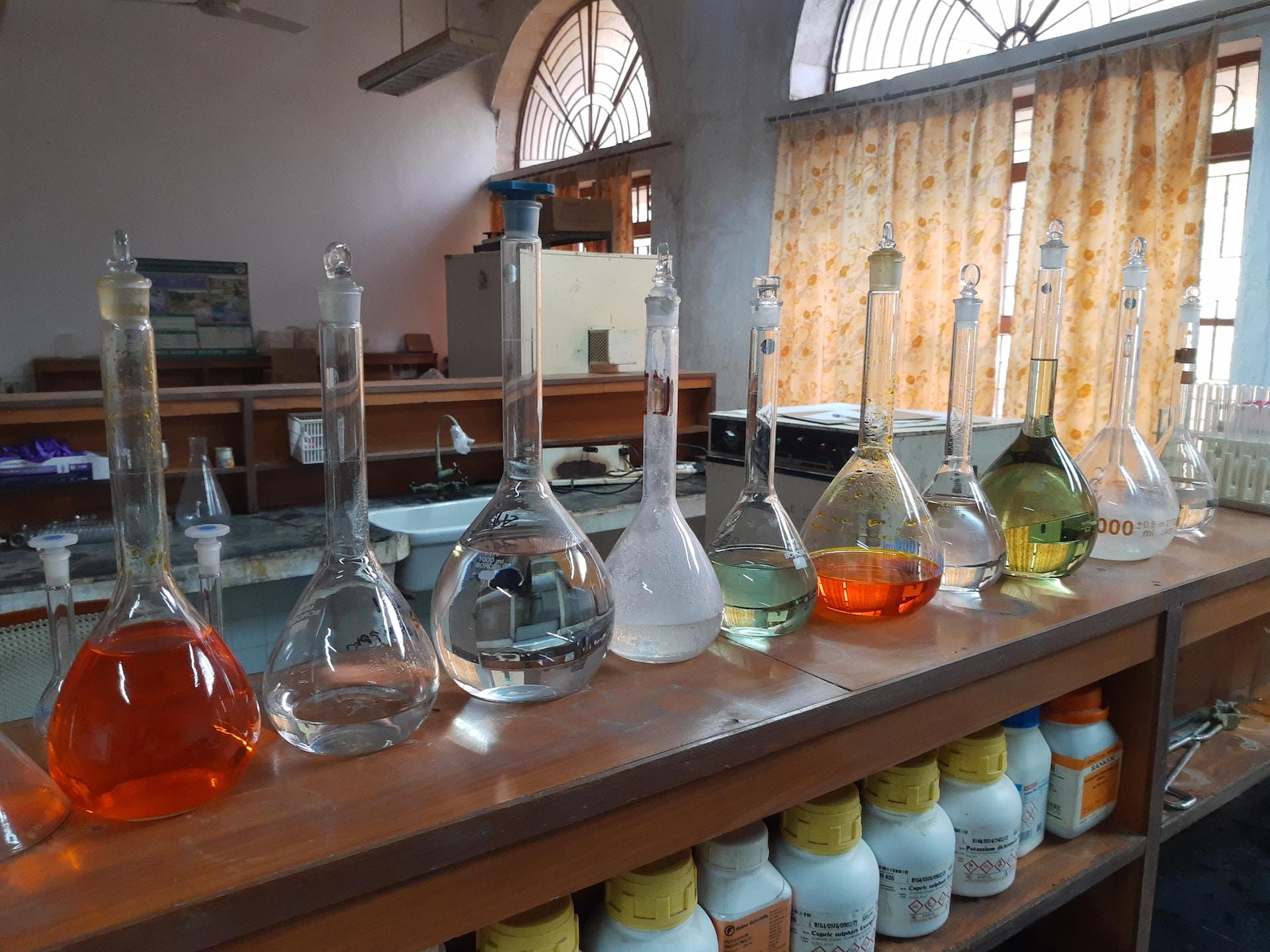
The VCE Chemistry Study Design is the document that outlines what the course entails, what each unit contains, what students are tested on, and all the key knowledge areas that students need to have mastered by the end of their time studying VCE Chemistry.
Every student taking VCE Chemistry should read through the study design at least once. While you'll only need to read some sections once, other sections, especially those on the units, their content, and what you need to know for the exam and assessments, are worth regularly referring back to, especially when it's time to revise.
Confusingly, the current study design for Units 1 and 2 is for 2023-2027 whereas the study design for Units 3 and 4 is for 2017-2023 with a new study design for Units 3 and 4 for 2024-2027. Make sure you keep this in mind when reading the study designs and always look to the appropriate “accreditation period”.

What Is VCE Chemistry About?
To find out exactly what VCE Chemistry is about, you should look at the "Scope of Study" and "Rationale" sections of the study design, which detail what students will learn and why. For this article, we're taking the new study design that comes into effect for Units 1 and 2 in 2023 and Units 3 and 4 in 2024 as our reference.
In short, VCE Chemistry has a particular focus on environmental chemistry including concepts such as energy generation, food production, medicine, material science, waste treatment, and air and water maintenance and cleaning.
As chemistry is the study of matter and how it behaves chemically, students will learn how scientific processes work, see how chemistry has evolved over the years, and see ways in which chemistry plays a part in their everyday lives, influences society in general, and affects our planet and the environment.
The overall goal of the course is to teach students about these topics while developing scientific skills for use in research, experiments, problem-solving, and creative thinking.
Beyond these goals, VCE Chemistry is designed to prepare students for careers or further study in areas such as analytical chemistry, biochemistry, inorganic chemistry, organic chemistry, and physical chemistry.
The VCE Chemistry Exam
Units 1 and 2 are assessed by the schools and given an S (satisfactory) or N (not satisfactory) result.
Unit 3 includes school-assessed coursework that accounts for 20% and Unit 4 includes school-assessed coursework accounting for 30% of a student's overall results.
Finally, 50% of a student's study score is based on the end-of-year examination for Units 3 and 4.
What Is the Best Way to Study VCE Chemistry?
The best way to do well in any subject is by working hard, studying, and being organised. To stay on top of everything, you must stay up-to-date with your studies from the day you start VCE Chemistry.
Find amazing chemistry tutors in Melbourne on Superprof.
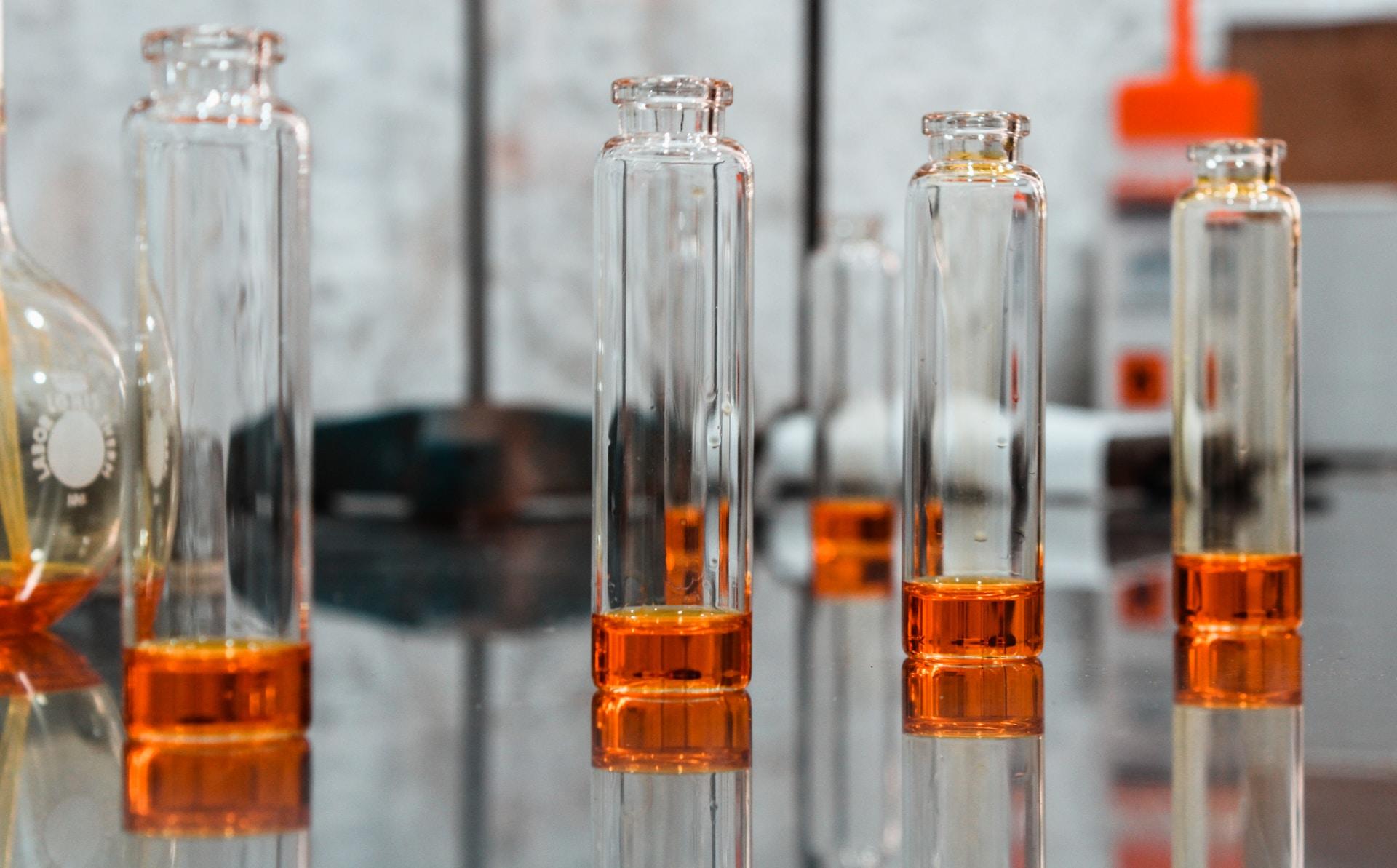
It's important to have a study schedule and some time set aside each week to do homework, study, or revise what you've been learning in class. If you can get into this habit when you start VCE Chemistry, it won't feel as much of a chore when you have to sit down regularly to revise for your exam.
Regularly test your knowledge and understanding of the concepts outlined in the study design. While it isn't much fun, focus more on the areas you find difficult and regularly get wrong.
As you get closer to your exam, you'll want to shift your focus towards exam technique and practising using past exams.
How to Study Using VCE Chemistry Past Exams
Using past exams (or past papers) is one of the most effective ways to prepare for any exam. After all, you're technically being tested on your ability to pass a given exam, not really your understanding of the subject and the topics on the exam.
Of course, to pass the exam, you will have to know and understand the topics covered as part of VCE Chemistry, but you'll see that even good students can cost themselves a really good result by being unfamiliar with the exam format and exam technique.
You can find past exams on the Victorian Curriculum and Assessment Authority (VCAA) website. Remember to take into account that certain exams are from different accreditation periods meaning that not everything on them will apply to the exam that you may end up sitting. You can refer to the study design or ask your teacher to find out what the exact differences are.
You can regularly use past papers to practise sitting the exam in exam conditions. This means doing the exam according to the exam instructions without using your mobile phone to look for answers and doing the whole thing within the allotted time.
You may take longer than required the first time you try a past paper, but the important thing is to keep practising with different past exams so that you can keep track of how long it takes you to answer questions and manage your time during the exam appropriately.
What Is the VCE Chemistry Data Book?
When you look at past papers, you'll see that there's a part at the end called the "data book". As students aren't allowed to use mobile phones or other electronic devices in the exam, they're provided with a few references that they can use during their exam.
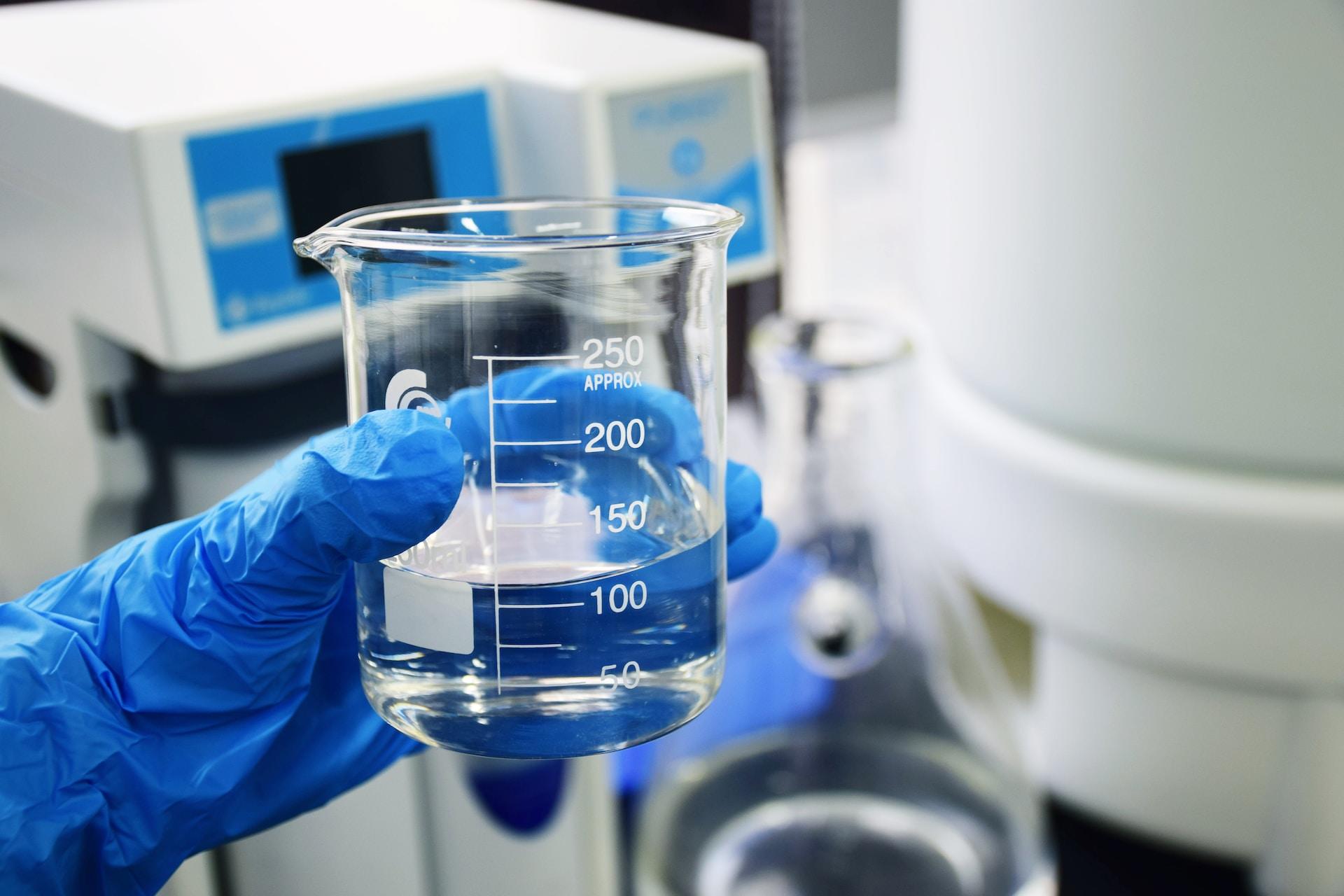
For example, the 2022 data book included things like a periodic table of the elements, formulas for certain fatty acids and biomolecules, and the energy content of food groups.
How to Use the VCE Chemistry Data Book
The data book is by no means an answer booklet so don't think that you don't have to study just because you have this information to hand. You still have to study and learn how to use this information appropriately during the exam.
When studying, it's important you know what will be included in the data book and what you'll have to know yourself. There's no point in memorising information that will be provided to you during the exam when you should be focusing on how to use this information to answer questions!
Find a VCE chemistry tutor near you on Superprof today!
Summarise with AI:

